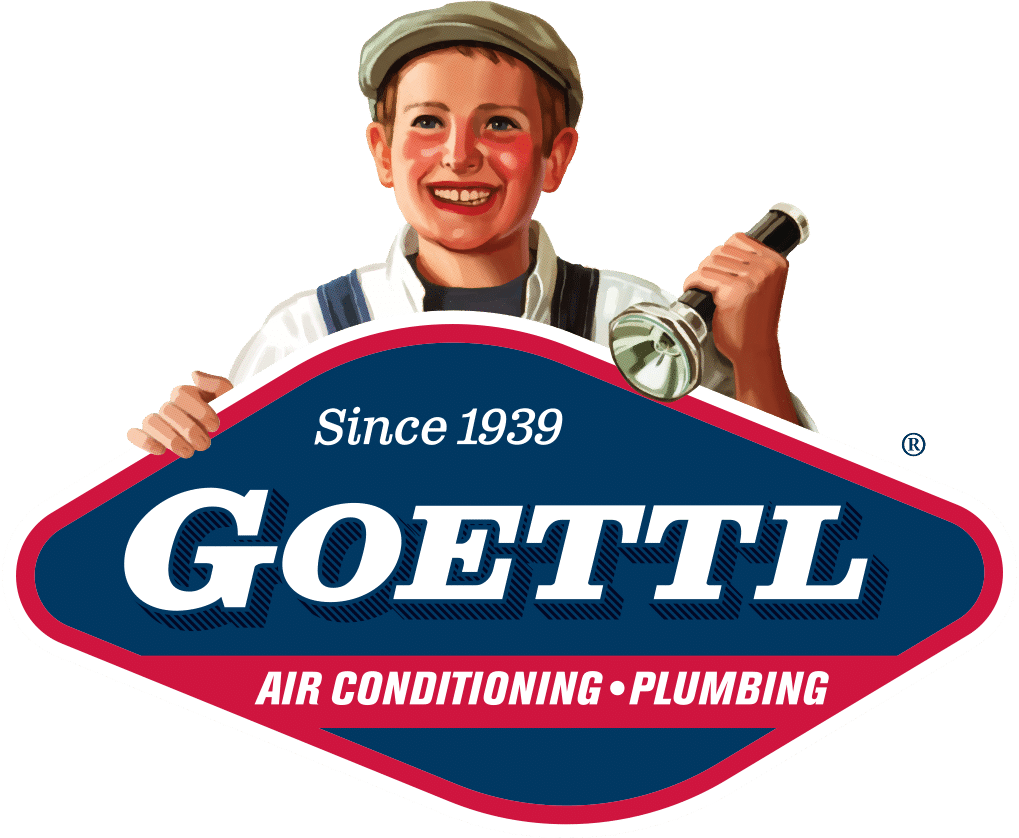
Energy Assistance Programs in Arizona, Nevada, and Texas: What’s Available and How Goettl Can Help
For households nationwide, regulating temperature in extreme heat or cold is as much about health and safety as it is comfort and convenience. Rising utility costs coupled with aging appliances make this especially difficult for families living on tight budgets. For decades, two federal programs have been the main sources of help: the Low-Income Home Energy Assistance Program (LIHEAP) and the Weatherization Assistance Program (WAP).LIHEAP offers relief with bills and repairs, while WAP provides homeowners with an affordable path towards efficiency upgrades. Since recent changes at the federal level have put these resources at risk, here is an overview of where the programs stand and whether you can still use them to upgrade your HVAC or plumbing system.
Federal Energy Assistance Programs for Homeowners
LIHEAP: Short-Term Support
The Low-Income Home Energy Assistance Program (LIHEAP) helps with utility bills, urgent system repairs, and the replacement of unsafe furnaces or air conditioners. Funds come from the federal government but are distributed by each state, usually through local community action agencies.
The program’s future is now uncertain. The federal 2026 budget eliminates all LIHEAP funding, and on April 1, 2025, the entire LIHEAP staff was let go. In states with extreme climates that rely heavily on LIHEAP resources, this could present a huge issue with meeting demand for energy assistance. For now, households can still apply for LIHEAP through their state energy office or local agency.
WAP: Long-Term Savings
While LIHEAP provides short-term relief, the Weatherization Assistance Program (WAP) provides long-term efficiency improvements. Upgrades include insulation, duct repair, sealing air leaks, and replacing old appliances. This program provides weatherization services to 32,000 homes every year, saving families an average of $372.
The WAP is still active nationwide and resources are available for those that meet state-specific income requirements.
Tax Credit Expiring Soon
Another major federal support for households has been the Energy Efficient Home Improvement Credit, which offered homeowners up to $3,200 for installing energy efficient items like insulation, doors, windows, heat pumps, and furnaces. This credit expires at the end of 2025, meaning there is limited time to complete any qualifying improvements..

Goettl Can Help
If you’re unsure how to take the next step or need help navigating assistance options, that’s OK! Goettl is here to guide you through the process. Our team combines experience, attention to detail, and genuine care to deliver dependable service and value. We take pride in being clean, courteous, and thorough, and promise to use our expertise and understanding of energy efficiency to help make your home safer and more comfortable on any budget. Whether through assistance programs, flexible financing options, or trusted warranties, Goettl is here to provide reliable guidance, fair pricing, and most of all, lasting comfort.
Not sure how to proceed or what assistance programs you may qualify for?
- Find your local community action agency.
- Submit your applications for WAP and LIHEAP: Eligibility is based on income and household size.
- Qualified? Have Goettl upgrade your HVAC/plumbing system with the help of assistance programs.
- Didn’t qualify? We still have your back with our own flexible financing options.
- Ask about the Energy Efficient Home Improvement Credit.
What About Other Resources?
Arizona: State and Utility Help
- The Arizona Department of Housing administers the state’s weatherization program. Agencies like NACOG and AllThrive 365 provide free services such as HVAC repairs, insulation, and duct sealing.
- Salt River Project offers up to $9,000 in rebates for eligible households to make energy improvements.
- The City of Phoenix runs its own weatherization program for homeowners and renters who meet income limits.
- LIHEAP funds remain available through Community Action Program offices, with eligible households receiving up to $500 annually to restore utilities in the event of an emergency.
Nevada: State and Utility Help
- The Energy Assistance Program (EAP) is Nevada’s version of LIHEAP, run by the Division of Welfare and Supportive Services. It helps eligible families pay for heating and cooling costs. Income must be at or below 150% of the federal poverty level, or $46,800 annually for a family of four.
- The Weatherization Assistance Program (WAP) is available statewide, providing insulation, duct sealing, and efficiency upgrades for households up to 200% of the poverty level.
- The state is preparing to launch the High Efficiency Electric Home Rebate (HEEHR) program in 2025. Once active, it will cover up to 100% of the cost of electrification upgrades, such as installing heat pumps or efficient water heaters for households under 80% of area median income.
- Local utilities including NV Energy offer rebate programs for efficient appliances, air conditioning systems, and smart thermostats.
Texas: State and Utility Help
- The Comprehensive Energy Assistance Program (CEAP) distributes LIHEAP funding across all 254 counties. Households with income at or below 150% of the federal poverty level, or $48,225 annually for a family of four may qualify. CEAP can help with bill payments, crisis benefits, and energy-related repairs, and weatherization.
- Texas Gas Service partners with CEAP to provide direct assistance for eligible customers. Other utilities may offer rebates for efficient HVAC systems, water heaters, and weatherization improvements.
The Future of Energy Assistance Programs
Energy assistance programs are under stress and in flux. LIHEAP’s future is uncertain, WAP could face reduced funding, and the Energy Efficient Home Improvement Credit has expired. But families still have affordable options to make their home more safe, comfortable, and energy efficient. State programs, utility rebates, and local agencies are still offering meaningful resources.
Whether you qualify for assistance or not, Goettl offers free consultations to help families review eligibility, understand financing, and take the right next step toward a safer, more efficient home. If you have questions, give us a call. We’ll walk you through the process, answer your questions, and make sure you get the most out of the programs that are available in your state.
